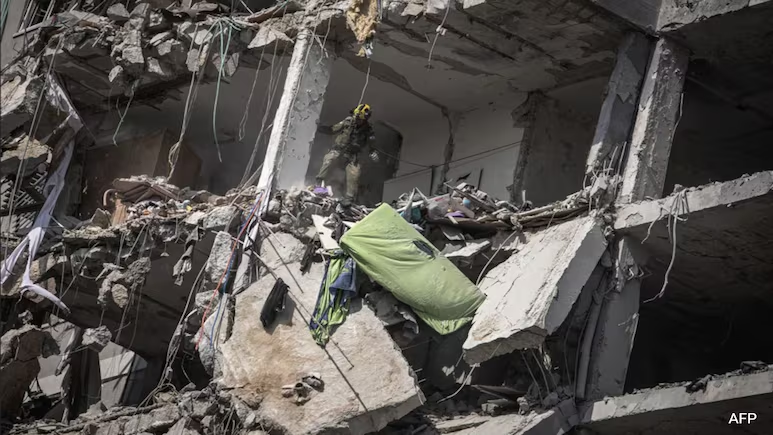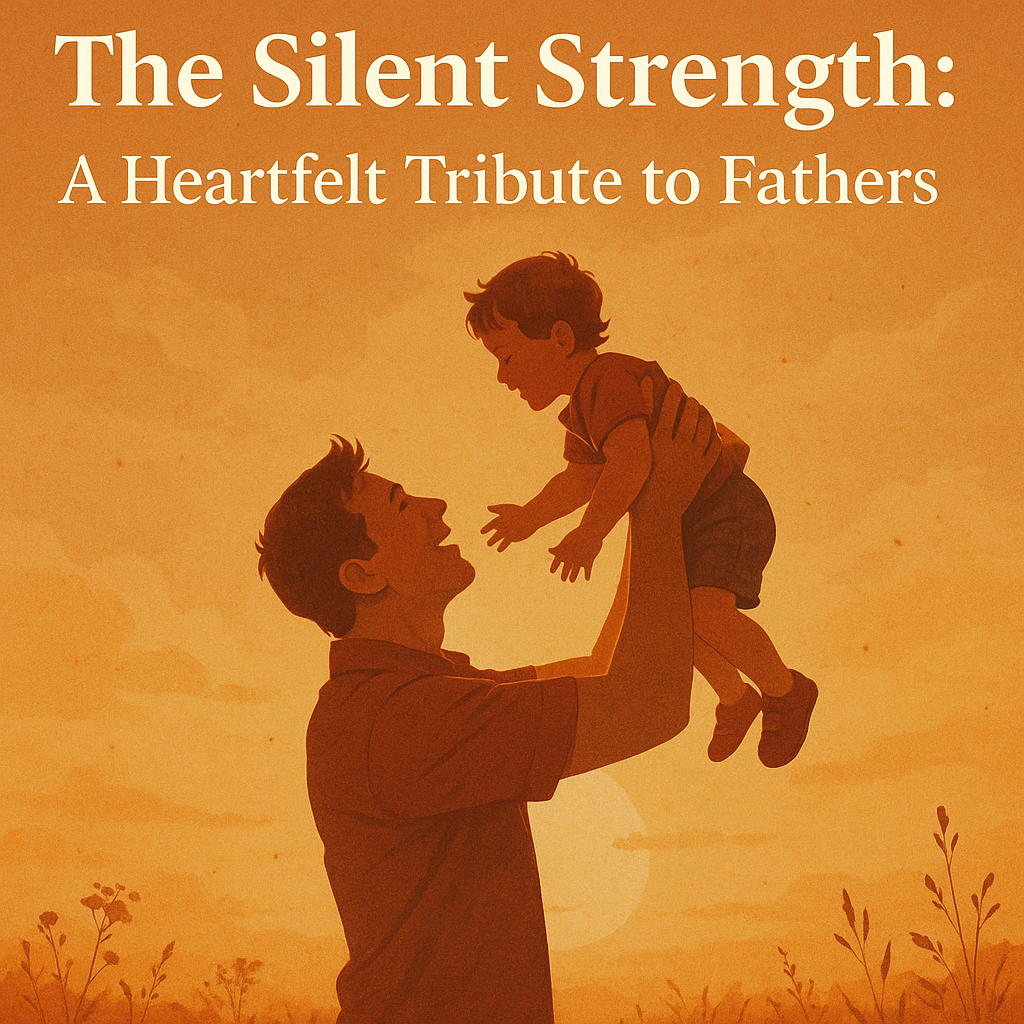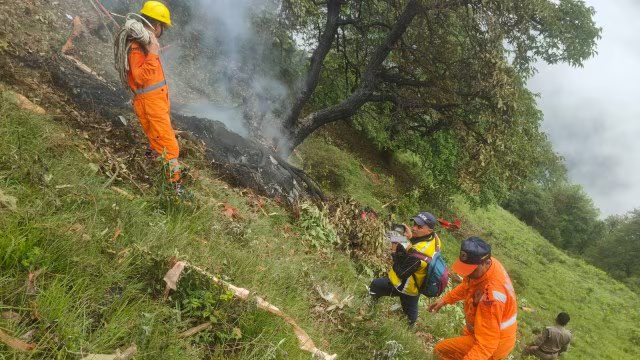In recent days, the Middle East has been rocked by a sudden spike in hostilities between Iran and Israel. With deadly missile attacks, accusations against the U.S., and the collapse of nuclear diplomacy, the situation now teeters on the edge of full-scale regional war. This article presents an unaltered account of key developments and perspectives in this intensifying conflict.
Iran-Israel Conflict: Tensions Are Rising, and So Is the Risk of War
In an abrupt escalation that raised the specter of a direct confrontation between the two regional heavyweights and stirred the pain of the 2006 war between Israel and Hezbollah, Iran said it would stop firing on Israel only if it ceases its own military campaign against the Islamic Republic. The statement, which came on Sunday, followed a night of heavy missile barrages from Tehran into Israeli territory that left at least 10 people, including children, dead and around 200 others wounded. The attack is an escalation of hostilities between the two rivals, each of which has accused the other of aggression and subversion.
Iran has for its part claimed that the strikes were in self-defense: They had staged them in “no-man’s land,” its deputy foreign minister, Abbas Araghchi, said Sunday. He reiterated that Iran does not want to spread the war to the surrounding areas unless the enemy stupidly chooses to do so. But the content and tenor of the recent volleys indicate that the situation is now poised on the brink of a far-reaching regional conflagration.
A Cry of Self-Defense As Casualties Soar
Iran’s overnight raid, in which missiles from the Islamic Revolutionary Guards Corps were fired at bases in Iraq that house American troops, was the deadliest between the two countries in recent history. The attacks left at least ten dead and some 200 wounded, according to Israel’s rescue medical services. Although Iran portrayed the response as defensive, the scope of the retaliation underscored a wider message about its strategic stance. It was also a vivid reminder of how closely the military and diplomatic standoff has become intertwined.
Araghchi: Iran not seeking a war but We will resist Israeli aggression TEHRAN, May 14 (MNA) – Iranian Deputy Foreign Minister Abbas Araghchi stressed that Iran does not seek a war in the region but will continue resisting against Israel’s aggressions. “We don’t want this war to continue,” he said, but he made it plain that Iran will defend itself forcefully against further provocation.
Israel’s Offensive: Nuclear Fears and Battle Objectives
For their part, the Israelis cast their recent actions as part of a necessary drive to stop Iran from obtaining nuclear weapons and building up its ballistic missile stockpile. Israeli officials insist that Iran is an existential threat, pointing to intelligence that suggests Tehran’s nuclear program is anything but peaceful.
Tensions surged again when Iran blamed Israel for hitting the South Pars gas field in the Persian Gulf, the same field that is shared by Tehran and Qatar. Araghchi denounced the strike an “outright aggression, a fatal move” attempting to “drag the region into war” in the Gulf area.
“This is a strategic error,” he said, adding that bringing the fight to critically important economic areas would have far-reaching regional consequences. The attack on South Pars was, in Tehran’s view, a new dimension to what was already a very volatile conflict.
Nuclear Sites Under Assault; A Fresh Red Line
Iran said Israel had crossed a red line by attacking sites on its own territory used for its nuclear program. Araghchi said this was a breach of international law and a provocative attempt to undermine security in the region.
“The Zionist regime has violated a new red line in international law,” he told foreign diplomats, referring to the attacks on the nuclear sites as highly dangerous, and warning that they may have serious repercussions if not addressed.
These reports have alarmed the international community, which is concerned that another attack on nuclear facilities could not only escalate the conflict, but potentially lead to a disastrous nuclear incident.
Also Read, Iran–Israel Conflict Threatens Red Sea Shipping Recovery, Disrupts India’s Trade Outlook
Undercutting Diplomacy: Iran Nuclear Deal and US Prisoners in Jeopardy
One of the immediate casualties of that escalating conflict has been nuclear diplomacy between Iran and the United States. Araghchi bemoaned that the recent acts of Israel were aimed to thwart the ongoing talks about Iran’s nuclear program, which was moving toward a crucial sixth round of negotiations.
There is absolutely no doubt that the Zionist regime does not want an agreement on the nuclear issue, he said. “It does not want to negotiate, and it does not wish to be negotiated with.” The most recent attempt at negotiations — resuming talks with a fresh Iranian proposal – was suddenly canceled due to the escalating tensions.
Those developments were taking place at a time when international efforts had been tentatively hopeful about reviving the Iran nuclear deal, which the United States abandoned in 2018. For now, the precarious diplomatic bridge seems to be going up in flames fast.
Allegations Regarding the USA: ‘Green Light’ for Aggression
Iran’s wrath has been directed not only at Israel, but toward the United States, which Iran accuses of giving Israel a green light to assault Iranian infrastructure. Tehran has “strong evidence” that U.S. troops and bases in the region backed the “Israeli regime’s attack” on Gaza, said Araghchi.
“We have clear evidence of the American forces and American bases supporting the attacks of the Zionist regime military forces,” he said. Its attacks could not have been of the severity or coordination they were without tacit or explicit American authorization, he says.
This accusation has shattered the already fragile ties between Tehran and Washington, snapping the chances of any constructive talks resuming any time soon.
The U.N.: A Focus Of Iran’s Ire
In a sweeping finale, the Foreign Minister of Iran rounded on the United Nations Security Council, claiming it had been “indifferent” to Israeli strikes.
The Israeli assault is “going unaddressed or is being met by indifference in the Security Council,” Araghchi said, complaining that the Western nations were condemning Iran rather than the real aggressor, the state he said was behind the assault.
Iran has long complained that the global community has double standards when it comes to conflicts in the Middle East, and this episode looks to further drive just those sentiments among Iranian leadership. That’s what Araghchi meant: If Washington wants to show good will in any way, he said, it should condemn the Israeli strikes, a message from Iran that the world must hold the Israelis responsible.
Also read, Israel Launches ‘Rising Lion’ Operation, Strikes Iranian Nuclear Sites
Strategic Implications and Regional Outlook
The most recent outbreak of fighting is not occurring in a vacuum. It is part of the larger geopolitical dynamics concerning Iran’s alliances, energy security in the Persian Gulf, nuclear nonproliferation and the balance of power in the Middle East.
- Iran’s nuclear program is still one of the main strategic elements of the Iranian national security policy.
- Years of Israeli vows to block Iran from ever obtaining nuclear weapons are turning into overt attacks on Iranian targets.
- The Persian Gulf, the centre of the world’s energy trade, is taking on a new role as a battlefield.
- The attack on the South Pars Gas Field could mark a shift from military to economic targets.
Diplomatic solutions appear farther than ever. The collapse of nuclear talks, and the militarization of both sides, is raising the prospects of full-scale regional war. The current confrontation, though both Iran and Israel cast it as defensive or preemptive, is spinning into territory where other regional players and global powers could become involved.
Conclusion
The missile exchanges in recent days between Iran and Israel is much more than that, it is not a series of separable military incidents. It is a product of deep strategic anxiety, vanishing diplomatic initiatives and a rapidly escalating regional security environment. With at least 10 people now killed and 200 injured, the human cost is already mounting and the long-term implications could reshape the Middle East for years to come.
Iran maintains its measures are in self-defense and containment. Israel insists that it is blocking a critical threat posed by a nuclear-armed adversary. United States is culpable, UN is willfully blind. In the midst of these claims and counterclaims, the hope for undoing the violence continues to recede while the world waits anxiously for what lies ahead.
FAQs
What triggered the latest Iran-Israel conflict?
The recent conflict was triggered by Iran’s missile attacks on Israel, which Tehran claimed were in self-defense. The attacks followed Israeli strikes that allegedly targeted Iran’s nuclear sites and critical infrastructure.
How many casualties have been reported?
At least 10 people, including children, were killed and around 200 injured, according to Israeli emergency services.
Why did Iran target South Pars gas field?
Iran accused Israel of attacking the gas field, which it shares with Qatar. Tehran views this as an attempt to expand the conflict into critical economic areas.
What is the role of the United States in the conflict?
Iran has accused the United States of supporting Israel’s military campaign by providing logistical and strategic assistance from regional bases.
What has been the international reaction?
Iran has criticized the United Nations Security Council for its inaction and accused Western nations of bias. Diplomatic talks, particularly regarding Iran’s nuclear program, have been derailed.
Reference
Stay updated with all the latest news and insights – News Of US






